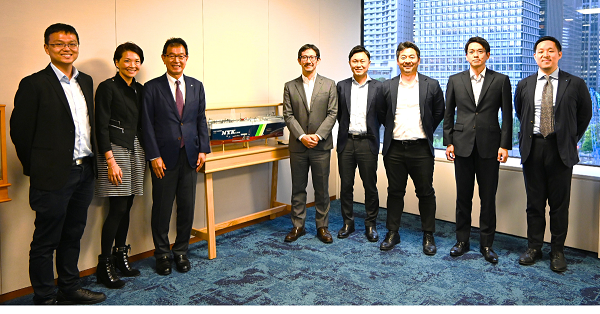Project LOTUS aims to address this knowledge gap by establishing industry guidelines for monitoring engine and equipment performance when using biofuels. This pilot will also evaluate the total cost of ownership of using biofuels, covering the cost of fuel and additional maintenance costs associated with its use. Additionally, it will identify potential challenges, e.g., corrosion of engine systems and valve failures, related to continuous biofuels use, and recommend mitigation strategies.
The quantitative findings from Project LOTUS offer an opportunity to contribute complementary real-world data to the upcoming revision of ISO 8217:2024, which includes specification of standards for a wider range of FAME-based blends up to B100.
Further, these learnings will be crucial for shipowners and operators who are considering biofuels use to meet vessel compliance with regulations, like the Carbon Intensity Indicator (CII) and the FuelEU Maritime Standards.
Scope of the pilot and industry participation
Project LOTUS will be conducted with the appointed vessel under commercial operations to capture real-world challenges and ensure that the learnings are extensible to the industry. The pilot will involve comprehensive tracking of fuel quality and lubricant efficacy, as well as monitoring engine and fuel delivery system performance over the course of the trial.
Leveraging its experience from three successful supply chain trials with four vessels for its drop-in green fuel assurance framework, GCMD will lead Project LOTUS in collaboration with industry partners. NYK Line, a co-sponsor, will contribute the vessel and manage fuel procurement. VPS will handle fuel and lube oil analyses and Gard will support GCMD as an insurance and risk assessment consultant on the project.
Professor Lynn Loo, CEO of GCMD, said, “Project LOTUS will provide valuable insights into how extended biofuels use affect engine performance and shipboard operations. This knowledge will empower stakeholders across the ecosystem, from shipowners and charterers to biofuels producers and regulators – to make more informed business and policy decisions. Ultimately, this pilot will lead to greater confidence for biofuels use at scale, accelerating progress towards decarbonising the maritime industry.”
Nobuhiro Kashima, Senior Managing Executive Office of NYK Line, said, “We released the “NYK Group Decarbonization Story” in November 2023, declaring a new target to reduce the NYK Group's GHG emissions by 45% from the fiscal 2021 level by fiscal 2030. To achieve this goal, from fiscal 2024 we started conducting full-scale trials of the long-term use of biofuels in navigating existing heavy oil-powered vessels. We are delighted to launch Project LOTUS together with reliable partners, like GCMD. We believe the knowledge gained through this project will help us achieve our GHG reduction targets and eventually contribute to the decarbonisation of the maritime industry.”
Source: GCMD

